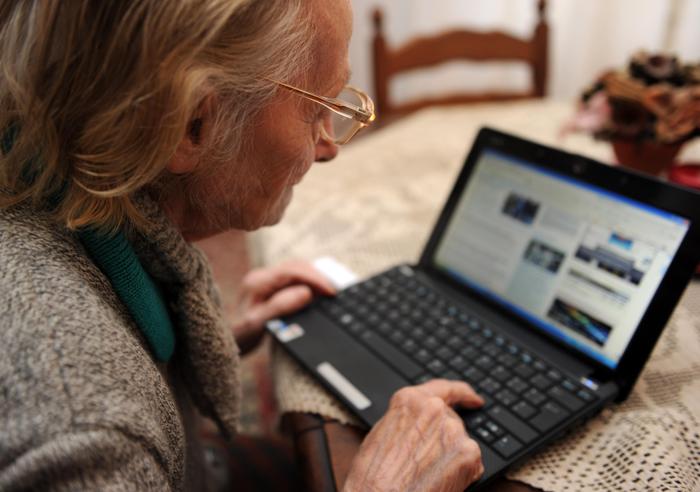The Coronavirus emergency has brought the issue of fake news to the center of the debate. And how citizens access information to the Internet in front of the sea. Several vademecums have been drawn up on the ways to get news that is qualified.
For some time, however, the topic has also come to the attention of politics and Parliament. And there are questions about how to put a stop to manipulated news, perhaps even with very specific purposes.
E 'in August 2018 the bill for the first signature of the deputy of the Democratic Party Emanuele Fiano for the establishment of a commission of inquiry on online disinformation . The examination of the provision, in the Chamber's joint Culture and Transport commissions, began a year later, on July 17, 2019. And on February 12, after the combination of three other bills, one signed by Iv, one of FdI and one of M5s, the creation of a select committee was established to develop a basic text on which to then proceed with the examination.
"This bill - Raffaella Paita, rapporteur for the Transport Commission, said at the start of the examination of the text - deals with an extremely topical issue. Almost 55% of Italians, according to the data reported in the report of the Communications guarantees authorities, access online information mainly through so-called 'algorithmic' sources, in particular social networks and search engines (blogs, Google, Facebook, Twitter, Instagram ...). being inundated with untruthful news, amplified problems and perceptions that become structural. Fears are nourished and they continue to be nourished thus generating "enemies" ". "We cannot joke or minimize - he added - because the threat to the right to information is a real danger that liberal democracies run".
The bicameral commission of inquiry - made up of 40 members, half deputies and half senators - which is proposed in the text, should aim to investigate the intentional and massive dissemination of false or misleading information through the internet, including through the creation of false digital identities. Check whether online disinformation can be attributed to organized groups or, for some profiles, to foreign states that use it for the purpose of manipulating information and conditioning public opinion, especially during election and referendum consultations . And again to check whether and in what way online disinformation is also supported financially by organized groups or by foreign states.
It is also necessary to check whether there are correlations between online disinformation and the so-called 'hate speech or hate speech', that is, speeches inciting discrimination or violence for racial, ethnic, national or religious reasons, and if and in what cases online disinformation may have raised alarm among the population, conditioned the freedom of public opinion or instigated hate campaigns.
Finally, also assess the adequacy of the measures introduced by web platforms to prevent online disinformation , indicating any regulatory or administrative initiatives deemed necessary and evaluate, also on the basis of the experience of foreign countries, the possibility of providing that online platforms adopt a self-regulation code in order to remove online misinformation, prohibiting any advertising advantages for the mass dissemination of false information.
Once the basic text has been finalized, the provision could have a faster process towards approval.

